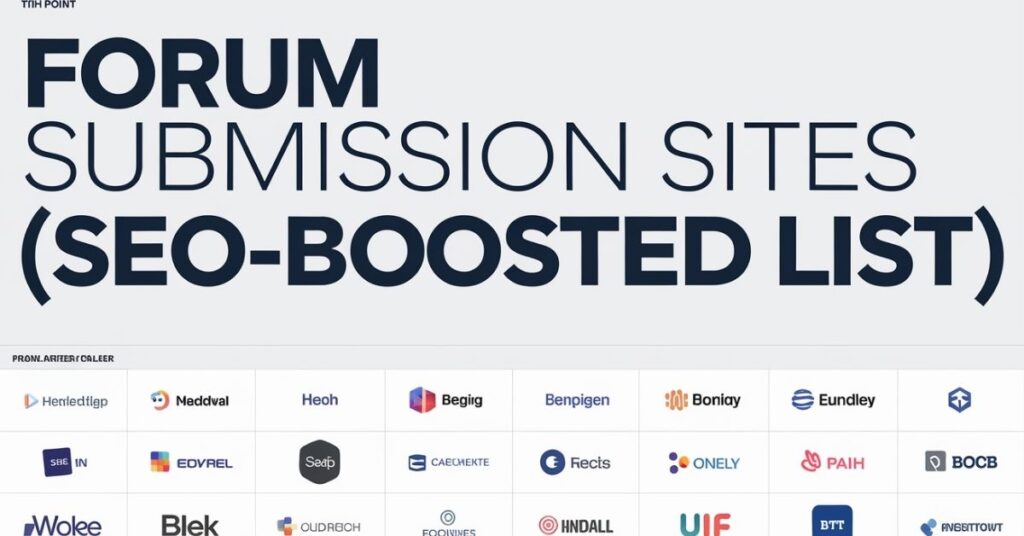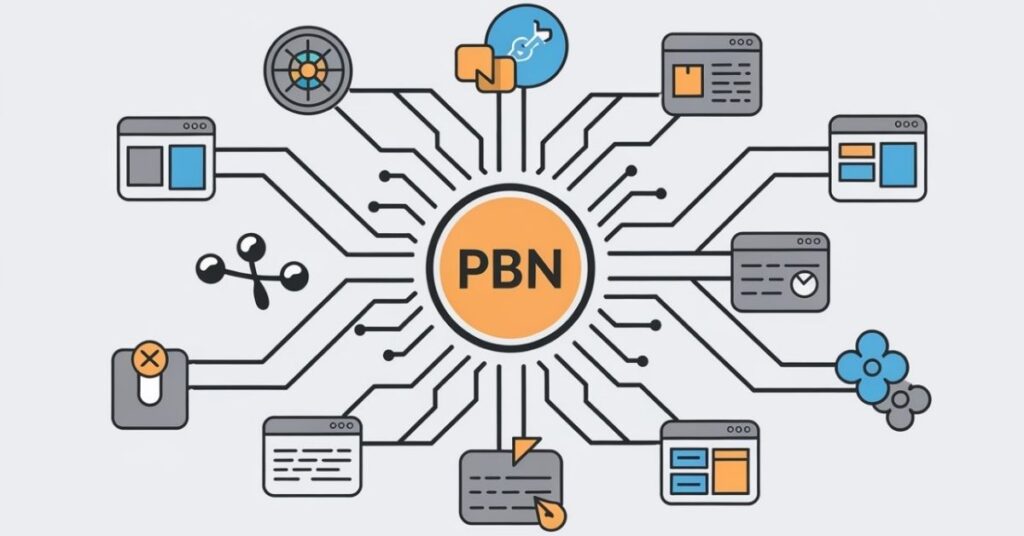Guest posting has long been a popular and effective strategy in the world of digital marketing. It allows businesses and individuals to share their expertise on other websites, gain valuable backlinks, and improve their online visibility. However, the rules of SEO are always changing. With Google’s Helpful Content Update (HCU), guest posting is evolving, and marketers must adapt to stay relevant.
This article explores how guest posting has changed in the era of the Helpful Content Update. We’ll cover what the HCU is, how it affects guest posting, and what strategies can help you succeed in this new landscape.
Understanding Google’s Helpful Content Update
Google introduced the Helpful Content Update to improve search results by prioritizing high-quality, helpful content written for users—not for search engines. In the past, many websites produced low-quality content stuffed with keywords, written just to rank on Google. This often led to poor user experience.
The Helpful Content Update changes that. It uses machine learning to identify sites that publish unhelpful content and reduces their rankings in search results. Importantly, this update evaluates content on a sitewide level. That means if a large portion of your website contains unhelpful content, even your high-quality pages might suffer in rankings.
Google also emphasizes the importance of E-E-A-T: Experience, Expertise, Authoritativeness, and Trustworthiness. These factors help Google determine if your content—and your website—can be trusted to provide valuable information.
Intersection of Guest Posting and HCU
Guest posting is no longer just about getting a backlink. Under the HCU, it’s about offering meaningful value to readers. Google wants every piece of content—including guest posts—to be informative, trustworthy, and created with real human experience.
Challenges arise when guest posts are created solely for SEO purposes, without considering the user’s needs. These low-quality posts can harm both the guest author’s and the host site’s reputation and rankings. If your guest post appears on a site known for publishing unhelpful content, it could be flagged by Google’s algorithms.
That’s why it’s important to focus on quality over quantity. One excellent guest post on a reputable site can be more effective than ten generic posts on low-quality platforms.
Strategies for Effective Guest Posting Post-HCU
To succeed with guest posting in this new era, follow these strategies:
Align with the Host Site’s Niche
Your guest post should match the theme and tone of the host website. This creates a seamless experience for the readers and adds value to the site. For example, if you’re writing for a tech blog, focus on topics like new software, gadgets, or IT tips—not fashion or health.
Demonstrate Real Expertise and Experience
Google values content that reflects personal knowledge and real-life experience. Share your own insights, stories, and lessons learned. This shows readers—and search engines—that you’re a trustworthy source of information.
Avoid Over-Optimization
Don’t stuff your content with keywords or overuse exact-match anchor text. These are old tricks that no longer work and can even hurt your rankings. Instead, use natural language that makes sense to human readers.
Focus on Helping the Reader
Ask yourself: Will this article solve a problem or answer a question for the reader? If yes, then you’re on the right track. Content that informs, educates, or offers new perspectives is more likely to succeed under the HCU.
Include Author Bios and Credentials
Let readers know who you are and why they should trust you. A well-written author bio with relevant credentials or experience adds to your content’s trustworthiness.
Selecting the Right Platforms for Guest Posting
Not all websites are good places for guest posts. Here’s how to choose the right platforms:
Evaluate Site Quality
Look for websites that publish helpful, in-depth content. Avoid sites that are full of thin, low-quality articles or have a high number of outbound links.
Assess Audience Engagement
A good site has active readers who comment, share, and engage with content. This shows that the site has a real, interested audience—something Google values.
Check Domain Authority and Relevance
Pick websites that are well-respected in your niche. A backlink from a highly relevant and authoritative site will have a much stronger impact on your SEO.
Avoid Link Farms
Link farms are websites created solely for the purpose of selling backlinks. Posting on these sites can damage your credibility and rankings. Make sure the site has a natural mix of content and is not overly focused on guest posts.
Future of Guest Posting in SEO
Guest posting is still a valuable strategy, but it must evolve to stay effective. Here are a few trends to watch:
Integration with Overall Content Strategy
Guest posting should not be a standalone tactic. It should fit into your larger content marketing plan, helping to build your brand, reach new audiences, and provide value.
Greater Emphasis on User Intent
Content that aligns with what users are really searching for will continue to rise in importance. Understand your audience’s questions and create guest posts that directly address them.
Collaboration and Relationship Building
Building genuine relationships with bloggers and editors can lead to better guest posting opportunities. Sites are more likely to accept posts from contributors they know and trust.
Ongoing Adaptation to Google Updates
SEO is always changing. Stay informed about Google’s algorithm updates and adjust your guest posting strategy accordingly.
Conclusion
Guest posting in the era of Google’s Helpful Content Update is all about quality, relevance, and value. Instead of focusing only on backlinks, think about how your content can genuinely help the reader. Align your guest posts with trusted platforms, demonstrate real expertise, and always prioritize the user experience.
As Google’s algorithms become more sophisticated, your guest posting efforts must become more thoughtful and strategic. By following the tips in this article, you can continue to grow your online presence and build authority through guest posting—without running afoul of future updates.



